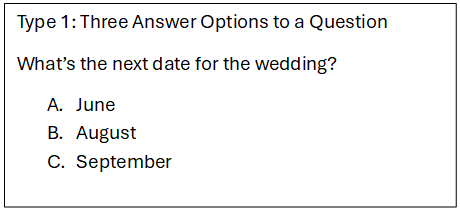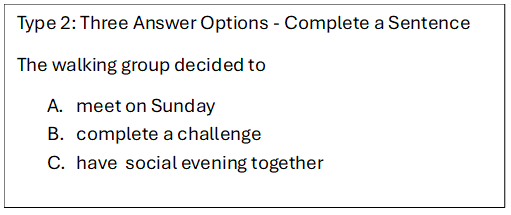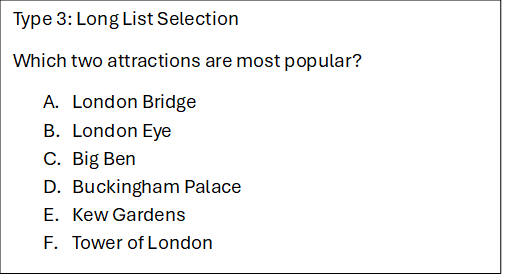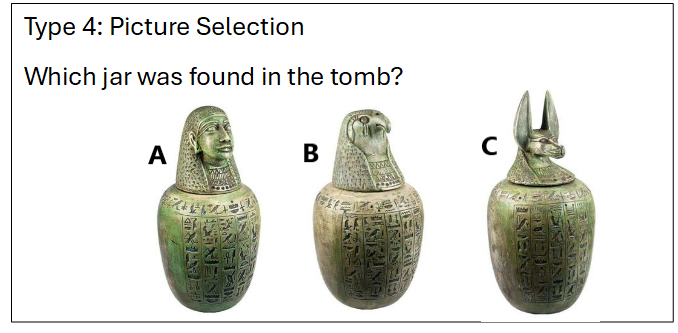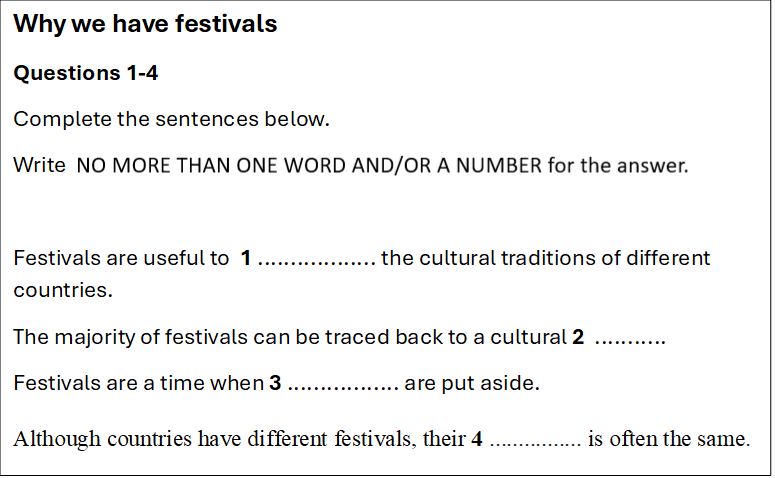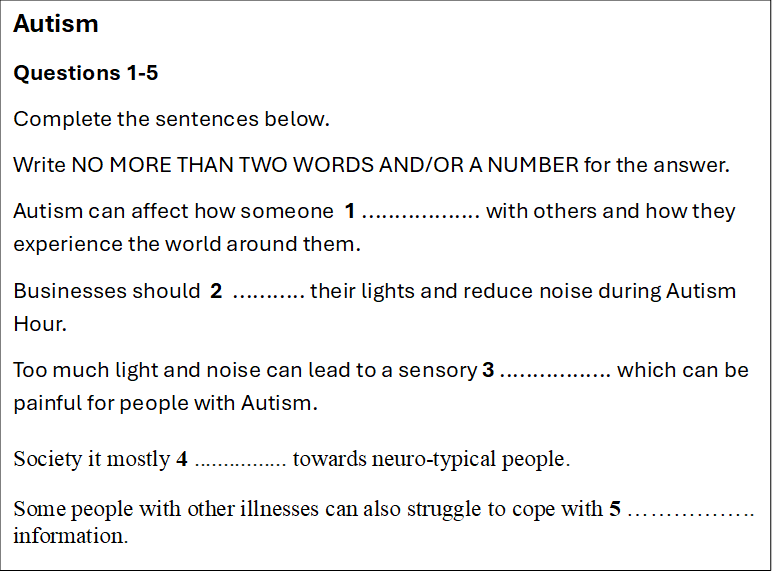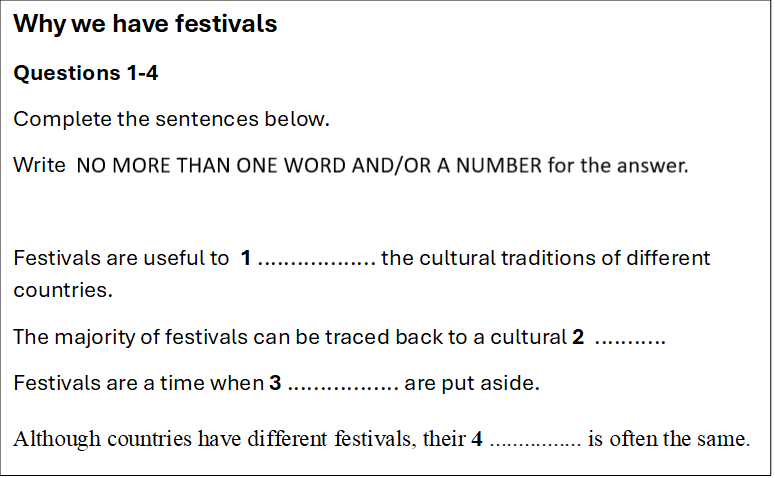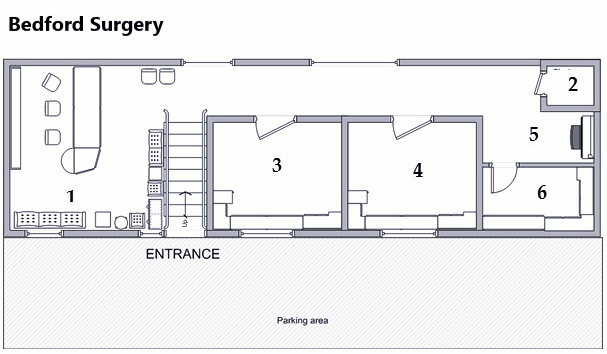It is possible to have a multiple choice question in section 1 of IELTS listening. In section 1, you need to listen to two speakers and with this type of question you need to choose between various options in each answer. In section 1, the multiple choice questions and answer options are slightly easier. Don’t forget that you will probably hear the information from more than one option in the recording, but only one will be the right answer.
IELTS Listening Practice: Multiple Choice Questions
Questions 1-3: Choose the correct letter A, B or C.
1. Dinner is on
A. Friday at 6pm
B. Friday at 7pm
C. Friday at 7.30pm2. Beth is
A. vegetarian
B. unable to eat anything made from milk
C. able to cheesecake3. Beth will need to park
A. in another part of the street
B. next door
C. in a car park down the road
RECORDING:
.
.
Transcript and Answers
Click below to reveal the transcript and answers to this lesson:
TranscriptThat sounds lovely I’m pretty busy at the start of the week but I’m free on Wednesday, Thursday and Friday evening.
Great. Let’s make it Friday at 7pm then.
Oh sorry, I’ve just remembered that I’ve got a meeting on Friday and won’t finish until at least 6 so there’s no way I’ll make it for 7.
Shall we make it half past 7 then? Would that be better?
Yes. I’m sure I’ll be able to make it for then.
I was thinking of doing a chicken roast with cheesecake to follow. Is that ok or are you vegetarian again?
Well, I did go through a vegetarian period a while ago but I’m not veggie anymore. However I have just discovered that I’m lactose intolerant so I have to avoid any milk products which means I’ll have to pass on the cheesecake I’m afraid.
Oh that’s alright. I’ll just do something else for dessert then.
Great. Sorry to be a bother.
Don’t worry it’s absolutely fine. Oh by the way, you’ll need to park a quite a few doors down because there’s building work going on next door and our part of the road is occupied.
Ok, thanks for letting me know. See you Friday.
Bye
2. B
‘… I’m lactose intolerant so I have to avoid any milk products…’
The answer can’t be C because Beth says ‘…I’ll have to pass on the cheesecake..’ and this means she must say no to the cheesecake.
3. A
‘…you’ll need to park a quite a few doors down..’ because ‘…our part of the road is occupied .’ and this means further down in another part of the street.
.
Recommended
- Multiple Choice Practice with Key Tips
- Table Listening Questions with Tips
- ALL LISTENING LESSONS WITH TIPS
.

